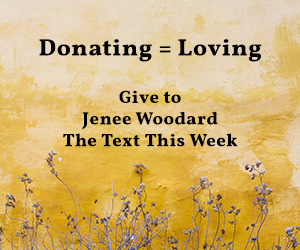Movies/Scenes
Representing
Justice/Injustice
- Hurricane (1999)
- The falsely accused is set free.
- Amistad (1997)
- The judge proclaims justice for the Africans. Is justice accomplished at that time?
- A Time to Kill (1996)
- Jake Tyler Brigance: And until we can see each other as equals, justice is never going to be even-handed. It will remain nothing more than a reflection of our own prejudices.
- Cape Fear (1991)
- I suppose there are many ways to look at what Cape Fear represents, but I think it is a chilling reminder of the danger of humans taking atonement into their own hands or strictly interpreting atonement from a juridical point of view--as if in a courtroom. DeNiro's twisted character in the movie (can't remember his name now) has studied the Bible and tattooed his chest with Scripture quotes about justice. He becomes increasingly deranged as he tries to enact his form of atoning, becoming an unforgiving and vengeful judge. It is interesting that the crisis is resolved in a storm at sea, in what might be loosely seen as baptismal imagery. (submitted by Marcia Wakeland)
- Cry Freedom
(1987)
- The film as a whole relates Donald Woods' determination to fight apartheid and thus being finally forced to flee South Africa. One scene (at the beach) has an argument between Woods and his wife, illustrating that standing up for justice is not easy, and there is pressure to conform and give in. The final scene is a strong dramatised example of injustice, with white police killing peacefully protesting blacks. Peter Kirkpatrick, Auckland, NZ)
- Grapes of Wrath (1940)
- A movie which we used in our EFM group a few years ago was, "The Grapes of Wrath." It explores how a piece of land even if its a dust bowl is worth fighting for. It is the place where your people were born, lived and died. To be taken from it is tearing the fabric of home, of belonging. It is a story of a people no one wanted on their land, and how that begets violence in a good man. A man who realizes he has no home and must leave his community to fight the injustice and pain living in a world that steals the identity of humankind. He leaves a marked man. Henry Fonda's scene with his mother is one of the most powerful moments in a film I have seen. This movie was a great TR. We used it starting from Culture. We came away with a new way of seeing people who are disenfranchised by the world and thrown into homelessness. We were able to look at the people today and how this is still happening. Also in our own lives, have we been disenfranchised? Have we ever played the role of doing this to others? Of course when it comes to our tradition it is filled with stories of a people being pushed out. Now some people do not like old movies, but this movie still stands up to the new movies I think. (submitted by Sydne Archambault, Lander)


